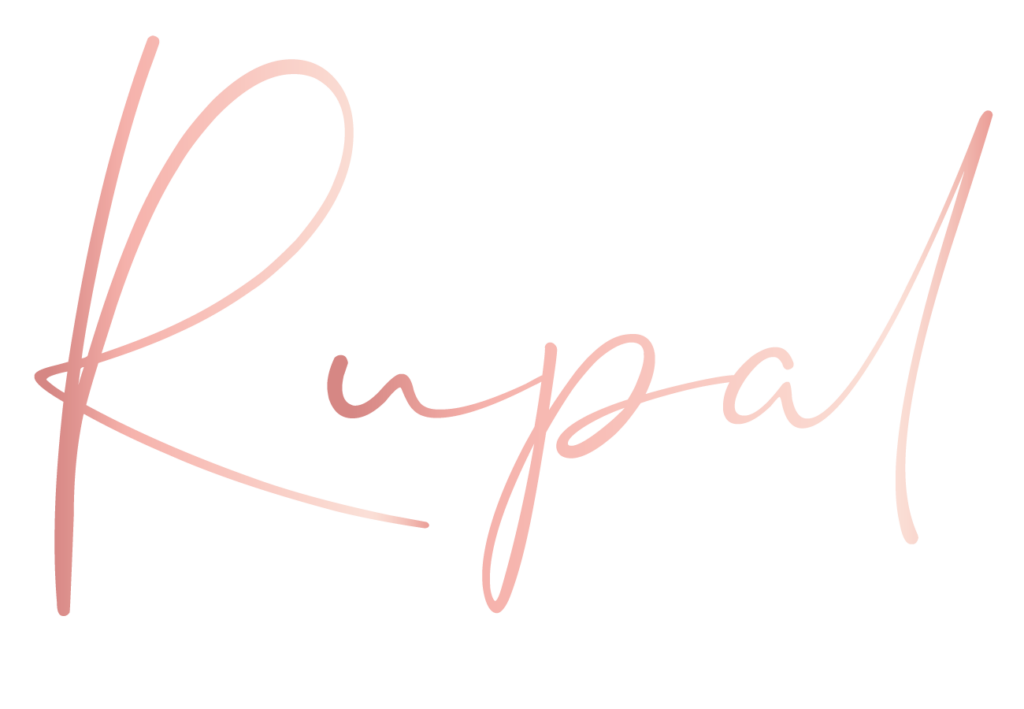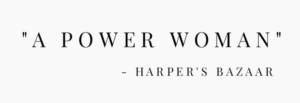A lot of the time when I am advising leaders and founders I find myself working with them to manage their expectations. Expectations about their companies, their employees, the market, themselves…
Now too often when people talk about “managing expectations” they conflate that with lowering expectations. But that is not how we do. As those of you who have been with me for a few years now will know, I am the last person you should come to if you want a reason to lower anything (especially your expectations of yourself).
BUT, there is a fine art to keeping our expectations in touch with reality (again, not lowering them) by making sure we accept that we can’t control everything, especially outcomes. And my version of managing expectations is all about controlling the controllable and letting the rest go.
Here’s what I mean. Whenever we set ourselves goals or put metrics in place for performance or “success” or achievement, we try to control too much. We put in arbitrary deadlines, nail down the exact process by which it must unfold, and try to plan every last detail.
But the reality of life is that no one or nothing has any stake in making things happen the way we envision. Markets get shocked. Colleagues become difficult. Stakeholders disagree. And things take their own time (not the time we have allocated).
Sure, we can try to gee things along at a faster pace, but there’s only so much we can force. Sure, we can try to make something happen in 12 months, say, instead of 18 months, but there’s only so much we can make happen. Reality, other people, external forces all get their say too.
And that’s why we have to learn to be laser focused on the what (the goal, the ambition, the dream, etc), but be far more open-minded and semi-agnostic about the how and the when.
I’ll give you a concrete example from my own life. When I was twenty, I had a conversation with my then-boyfriend about how I felt there was something “big” in store for me. That I felt I was called to do something that would have a powerful impact for good in the world.
But that was as far as my “what” went. I didn’t know the exact thing that would feel big and impactful. And I didn’t try to force it. I explored, experimented, all that experiential stuff, for sure, but I didn’t say “I must become the first woman President of the United States or else I’ll be a failure” or “I have to head a Fortune 500 company or my career will be worthless”.
I decided the destination (do something that felt big to me, and that would have a positive impact) and then let the how and the when unfold. I worked as a math and English teacher, got a few Master’s degrees, worked at the CIA, started two businesses of my own, started advising others, became an international speaker, became an author, and so many other things along the way.
And now, only now, after decades of exploration and NOT trying to force-fit anything, I am realizing that aspiration to do something that feels big and important to me. I am helping others. I am speaking to big audiences. I am reaching thousands with my writing.
I could never have predicted that this – my advisory work, my speaking, and my writing – would be the “how”, and could never have predicted the time it would take me to get here. I decided what I cared about and then let my life and experiences open my eyes to new possibilities about how I could do what I felt called to do.
This isn’t to say meander and aimlessly float through life. I am saying the total opposite: have a very clear idea of where you are going BUT don’t obsess over or try to force how it happens or when.
You may miss out on a lot of magic if you close yourself off to the many ways in which your goals or ambitions can be realized.
So decide the what, be clear and dead-set on it. But be open to the how, and the when. The ride will be truer and deeper if you don’t always try to steer it or speed it up.


